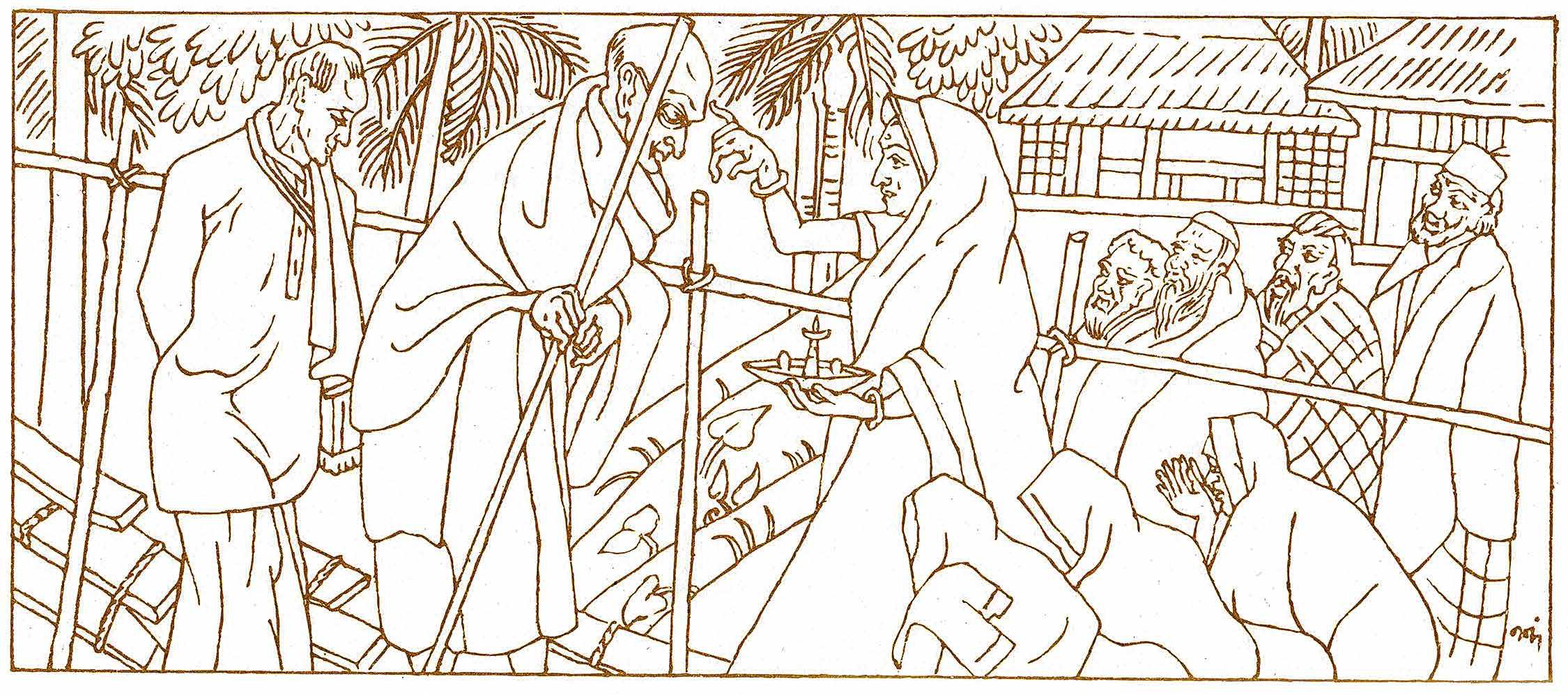
EVEN before a holier-than-thou Narendra Modi government declared June 25 as 'Samvidhaan Hatya Diwas' to mark the imposition of the Emergency by the Indira Gandhi government on that day in 1975, there has been total unanimity that it was a rotten enterprise.
If there were any differences among scholars and partisans, these were to do with what was the dark side and what were the darker aspects of the Emergency. It is mostly agreed upon that the dark side included the suspension of fundamental rights, press censorship, the arrest of Opposition leaders, etc., whereas the darker side had to club the extraconstitutional power exercised by Sanjay Gandhi and his goonish aides. As it happens in all political debates over history, the villains are easily identified as are the heroes.
But even after nearly 50 years, we are nowhere near any understanding of the nature of the breakdown of normal politics that led to that midnight denouement on June 25, 1975.
It is helpful to keep in mind that the "JP Movement" was the first instance of mass mobilisation aimed at a regime change. Prior to the 1974-75 invocation of street power, the Indian State had faced only limited mass agitation. Early in the life of free India, there was the Vishal Andhra agitation; then the demand for bifurcation of Bombay between Gujarat and Maharashtra; and, later, the anti-Hindi agitation in south India. Each of these mass eruptions could be successfully dealt with because each was based on a clear-cut demand that could be conceded. The JP Movement, on the other hand, was expressly seeking a "total revolution".
This story is from the {{IssueName}} edition of {{MagazineName}}.
Start your 7-day Magzter GOLD free trial to access thousands of curated premium stories, and 9,000+ magazines and newspapers.
Already a subscriber ? Sign In
This story is from the {{IssueName}} edition of {{MagazineName}}.
Start your 7-day Magzter GOLD free trial to access thousands of curated premium stories, and 9,000+ magazines and newspapers.
Already a subscriber? Sign In

Layers Of Lear
Director Rajat Kapoor and actor Vinay Pathak's ode to Shakespeare is an experience to behold

Loss and Longing
Memories can be painful, but they also make life more meaningful

Suprabhatham Sub Judice
M.S. Subbulakshmi decided the fate of her memorials a long time ago

Fortress of Desire
A performance titled 'A Streetcart Named Desire', featuring Indian and international artists and performers, explored different desires through an unusual act on a full moon night at the Gwalior Fort

Of Hope and Hopelessness
The body appears as light in Payal Kapadia's film

Ruptured Lives
A visit to Bangladesh in 2010 shaped the author's novel, a sensitively sketched tale of migrants' struggles

The Big Book
The Big Book of Odia Literature is a groundbreaking work that provides readers with a comprehensive introduction to the rich and varied literary traditions of Odisha

How to Refuse the Generous Thief
The poet uses all the available arsenal in English to write the most anti-colonial poetry

The Freedom Compartment
#traindiaries is a photo journal shot in the ladies coaches of Mumbai locals. It explores how women engage and familiarise themselves with spaces by building relationships with complete strangers

Love, Up in the Clouds
Manikbabur Megh is an unusual love story about a man falling for a cloud. Amborish Roychoudhury discusses the process of Manikbabu's creation with actor Chandan Sen and director Abhinandan Banerjee